Security Guard Regulations in British Columbia

In British Columbia, every private security professional and the security firms that they work for are licensed and regulated by law. The Security Services Act, which was passed in 2007, is the primary law regulating the roles and responsibilities of security guards in BC. This law extends licensing, training and other government requirements to various types of private security. The law covers various private security functions for jobs such as:
- Private Security Patrol Firms and the Individual Patrol Guards They Employ
- Private Investigation Firms and Individual Investigators
- Security Alarm Services
- Armoured Car Services
- Security Consulting
- Locksmith Services
- door-persons and bouncers,
- bodyguards
- in-house security patrol
- in-house private investigators
- the Corps of Commissionaires
In British Columbia, businesses and individuals (workers) offering security services must hold a valid security licence as per the terms of the Security Services Act. Every security guard in BC is issued a licences that is approved by The Registrar, Security Services issues. This license outlines the types of security services the business or individual may provide and special authorizations such as the use of dogs and restraints while performing security duties. There are many requirements that must be met before applying for a licence, and conditions which must be met once you receive your licence. The Registrar, Security Programs Division, is appointed under the act to receive and review licence applications, issue licences, as well as oversee enforcement and compliance.
The Security Programs and Police Technology Division of the Ministry of Justice oversees the regulation of the private security industry in British Columbia. Their primary role is to train and monitor the security industry to ensure public safety, peace and security of property. To achieve this, they prescribe appropriate licensing, auditing, and other oversight processes needed to safeguard the public.
Both security firms and individual security guards must hold valid license. Guards must undergo basic standards training. Guards must carry ID card and valid security license. Guards are not allowed to carry or use firearms, truncheons, billets, handcuffs, or other restraining devices. They are also not allowed to use chemical spray or any other item designed or intended to debilitate or control a person. Guards are not allowed to hold themselves out to be Police. If uniformed, the security guard’s uniform must display Security, Guard or Patrol.

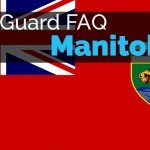


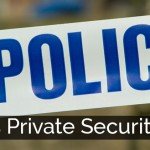
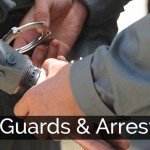
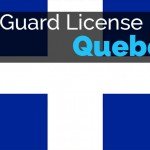
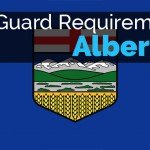
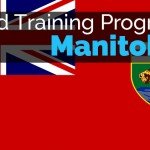
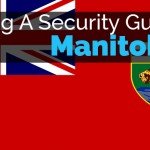
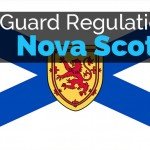
1 comment on Security Guard Regulations in British Columbia
Frederick Gary Gratrix
on BCTV news on 30 April 2020 a Garda employee appears to have handcuffs in the middle of his waist. Have the rules changed?